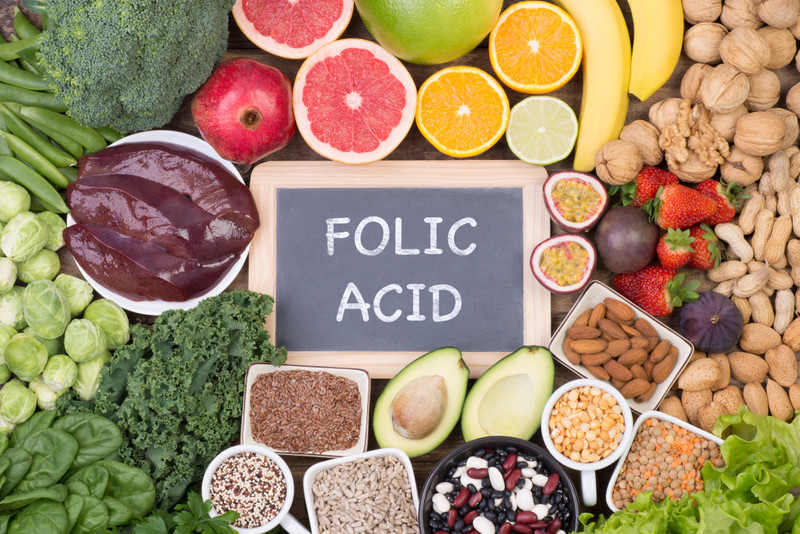Folic acid is the supplemental form of a certain vitamin. Supplementing with folic acid provides a few different benefits, and it can be crucially beneficial for certain populations. Here is a look at folic acid, and the benefits that it has the potential to offer.
What Is Folic Acid?
Folate, also known as vitamin B9, is a crucial vitamin which occurs naturally in some plant-based foods. Folic acid is an alternative form of folate. It is made synthetically, and is available as a dietary supplement. Folic acid has a slightly different chemical structure from folate, so the body absorbs it a little bit differently.
Surprisingly, the body absorbs folic acid in supplement form about twice as well as it absorbs folate. For this reason, it is often recommended over folate. The recommended daily allowance of folate is known as dietary folate equivalent (DFE). The DFE for most adults is 400 micrograms; however, 240 mcg of folic acid will satisfy this requirement.
The majority of people reach the daily recommended DFE by eating foods containing folic acid and/or folate. However, some populations are at risk of deficiency. These include girls and women between 14-30, as well as those with disorders that affect nutrient absorption, such as celiac disease and inflammatory bowel disease.
Reasons to Supplement with Folic Acid
When folic acid levels are too low, it can have detrimental effects. This is especially true for pregnant women and aging individuals. Following are four of the most important reasons someone could benefit from supplementing with folic acid.
Pregnancy: Folic acid supplementation can be crucial for women who are pregnant or may become pregnant. This is because folate deficiency is strongly linked to the development of neural tube defects. Supplementing with folic acid during pregnancy can drastically reduce the chances of a baby developing spina bifida, anencephaly, and other defects. The recommended daily DFE for women is 400 mcg, and 600 mcg for women who are pregnant. This is especially important during the first trimester of a pregnancy. Taking folic acid could also reduce the chance of a miscarriage.
Reducing risk of heart disease: Folic acid works similarly to folate in the body, in that it reduces homocysteine levels. High levels of homocysteine can contribute to increased risk of heart disease; Individuals low in folate are more likely to have high levels of homocysteine. A review of studies of more than 80,000 persons showed that supplementing with folic acid led to a 4% reduction in heart disease risk.
Managing kidney disease: Homocysteine levels also tend to be too high in kidney disease patients. Supplementing with folic acid can reduce homocysteine, and improve the health of those with kidney disease.
Mitigating age-related hearing and vision loss could be achieved by supplementing with folic acid. Age-related hearing loss is associated with high levels of homocysteine and could be reduced with ingesting folic acid. Furthermore, the risk of age-related macular degeneration has been shown to be reduced by supplementing with folic acid alongside other B vitamins.
If any of the above health circumstances apply to you, supplementing with folic acid could play a significant role in your bodily health. It is recommended that you talk to your healthcare provider before taking one of these supplements for the first time.

